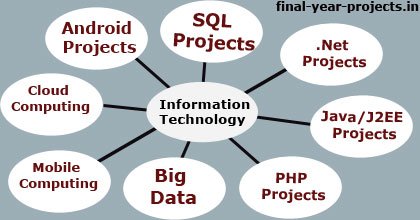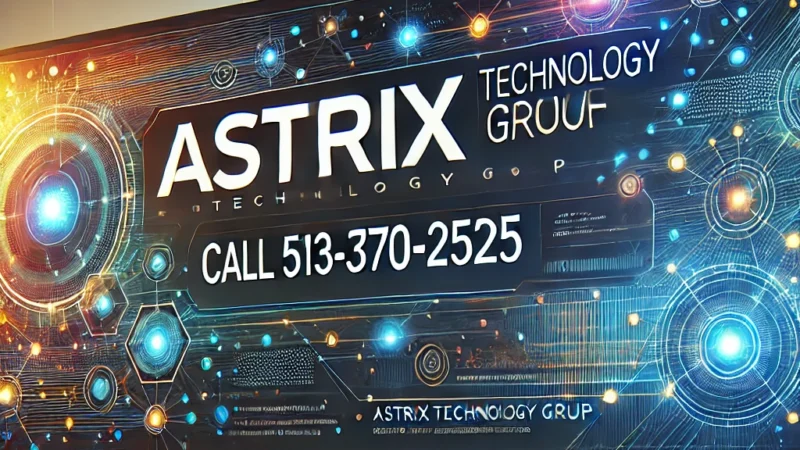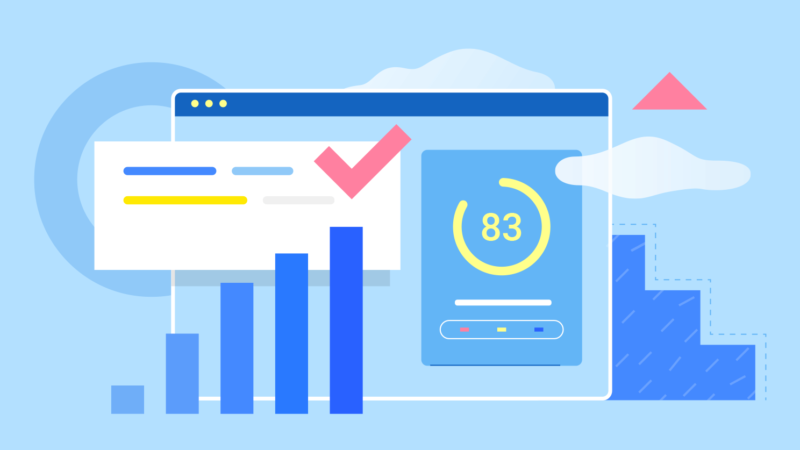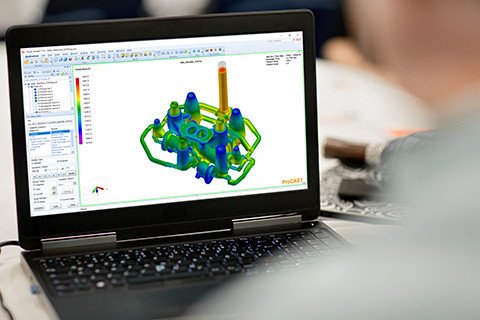What is the Best Topic for Information Technology?

In a world dominated by digital transformation, information technology (IT) has become the foundation of modern life. The versatility and rapid evolution of IT create countless opportunities for exploration. But when it comes to identifying the “best” topic in this field, the answer lies in choosing areas that combine innovation, relevance, and societal impact.
This article explores some of the most dynamic and impactful IT topics, ranging from artificial intelligence to sustainable technology. Whether you’re a student, a professional, or a technology enthusiast, these areas offer insights into the forefront of IT advancements.
1. Artificial Intelligence and Machine Learning
Artificial Intelligence (AI) is undeniably one of the most revolutionary IT topics. It refers to systems that simulate human intelligence, capable of learning, problem-solving, and adapting to new information. AI-powered technologies like machine learning, natural language processing, and computer vision are transforming industries worldwide.
Key reasons why AI is a top IT topic include:
- Applications Across Industries: AI is used in healthcare, finance, transportation, entertainment, and more.
- Automation: It boosts efficiency by automating repetitive tasks, allowing humans to focus on creativity and problem-solving.
- Personalization: From smart assistants like Alexa to personalized content on Netflix, AI tailors experiences to individual users.
AI’s ethical considerations, such as bias and privacy, also make it a compelling area for research and debate.
2. Cybersecurity and Data Privacy
As digital technology advances, so do cyber threats. Cybersecurity is a critical IT topic that addresses the protection of systems, networks, and data from cyberattacks. The rise in data breaches, ransomware attacks, and phishing scams underscores the importance of this field.
Trending areas in cybersecurity include:
- Zero-Trust Architecture: A security model that assumes no user or system is trustworthy by default.
- AI in Cybersecurity: Using machine learning to detect anomalies and predict potential threats.
- Data Privacy: Compliance with regulations like GDPR and CCPA ensures organizations respect user privacy.
Cybersecurity not only safeguards sensitive information but also fosters trust in digital platforms, making it a vital IT topic.
3. Cloud Computing
Cloud computing is reshaping how businesses store and manage data. It enables on-demand access to computing resources like servers, storage, and software over the internet. The flexibility, scalability, and cost-effectiveness of cloud computing make it indispensable for modern enterprises.
Emerging trends in cloud computing include:
- Hybrid Cloud Solutions: Combining public and private clouds for enhanced flexibility.
- Edge Computing: Processing data closer to its source for faster response times.
- Serverless Computing: Simplifying application development by eliminating the need to manage servers.
The increasing reliance on cloud services solidifies its status as a top IT topic with ongoing relevance.
4. The Internet of Things (IoT)
IoT is the concept of connecting physical devices to the internet, enabling them to collect, share, and act on data. From smart homes to industrial automation, IoT is creating a more connected world.
Why IoT is a leading IT topic:
- Smart Cities: IoT powers intelligent infrastructure for traffic management, waste disposal, and energy conservation.
- Healthcare: Wearable devices and remote monitoring improve patient care and health outcomes.
- Industrial IoT (IIoT): Factories leverage IoT for predictive maintenance and optimized production.
As IoT continues to expand, it plays a crucial role in enhancing convenience, efficiency, and sustainability.
5. Blockchain Technology
Blockchain, initially associated with cryptocurrencies, has emerged as a game-changing IT topic. It provides a decentralized and secure method for recording transactions and managing data.
Applications that make blockchain a top IT topic include:
- Cryptocurrencies: Enabling secure digital payments.
- Smart Contracts: Automating agreements without intermediaries.
- Supply Chain Management: Ensuring transparency and traceability in logistics.
Blockchain’s ability to enhance security, transparency, and trust makes it relevant beyond finance, influencing healthcare, governance, and real estate.
6. Quantum Computing
Quantum computing represents a paradigm shift in computational power. Unlike classical computers, quantum computers use quantum bits (qubits) to perform complex calculations at unprecedented speeds.
Areas where quantum computing excels:
- Cryptography: Developing unbreakable encryption methods.
- Scientific Research: Modeling complex biological and chemical systems.
- Optimization Problems: Solving logistical challenges in industries like transportation and manufacturing.
Though still in its infancy, quantum computing holds the potential to solve problems once deemed unsolvable, making it a fascinating IT topic.
7. Sustainable IT Practices
Sustainability is becoming a priority in IT as businesses strive to reduce their environmental impact. Sustainable IT focuses on energy-efficient systems, reducing electronic waste, and adopting greener practices.
Key areas include:
- Green Data Centers: Utilizing renewable energy and improving cooling efficiency.
- Circular Economy: Recycling and reusing hardware to minimize e-waste.
- Energy-Efficient Software: Designing programs that consume less power.
The integration of sustainability in IT reflects the industry’s commitment to addressing global environmental challenges.
8. Low-Code and No-Code Development
The demand for digital solutions often outpaces the availability of skilled developers. Low-code and no-code platforms empower individuals without programming expertise to create applications.
Advantages of these platforms:
- Speed: Accelerates development timelines.
- Accessibility: Democratizes app development for non-technical users.
- Cost Efficiency: Reduces the reliance on large IT teams.
This trend is transforming how businesses and individuals approach software development, making it a growing topic in IT.
9. IT and Human Augmentation
Human augmentation combines IT with biotechnology, wearable tech, and neural interfaces to enhance human capabilities. From exoskeletons to brain-computer interfaces, this field blurs the line between humans and machines.
Applications include:
- Healthcare: Prosthetics and assistive devices for individuals with disabilities.
- Workplace Productivity: Wearable devices that optimize physical performance.
- Gaming and Entertainment: Augmented reality (AR) and virtual reality (VR) technologies.
As human augmentation gains traction, it raises ethical and societal questions about the future of human-machine interaction.
10. IT in Education
Education technology (EdTech) leverages IT to enhance learning experiences. The COVID-19 pandemic accelerated the adoption of digital tools in education, paving the way for long-term innovation.
Prominent IT topics in education include:
- Online Learning Platforms: Offering accessible education to global audiences.
- AI Tutors: Providing personalized guidance to students.
- Gamification: Making learning engaging through game-like elements.
EdTech is reshaping how knowledge is delivered, making it a vital area for exploration in IT.
Conclusion
The “best” topic in information technology depends on your interests and goals. Whether you’re fascinated by the transformative potential of AI, intrigued by the promise of quantum computing, or inspired by sustainable IT practices, the field offers endless opportunities for exploration.
By staying informed and embracing innovation, we can harness IT’s power to solve pressing challenges, drive progress, and create a better future for all.
Would you like further elaboration on any of these topics?





